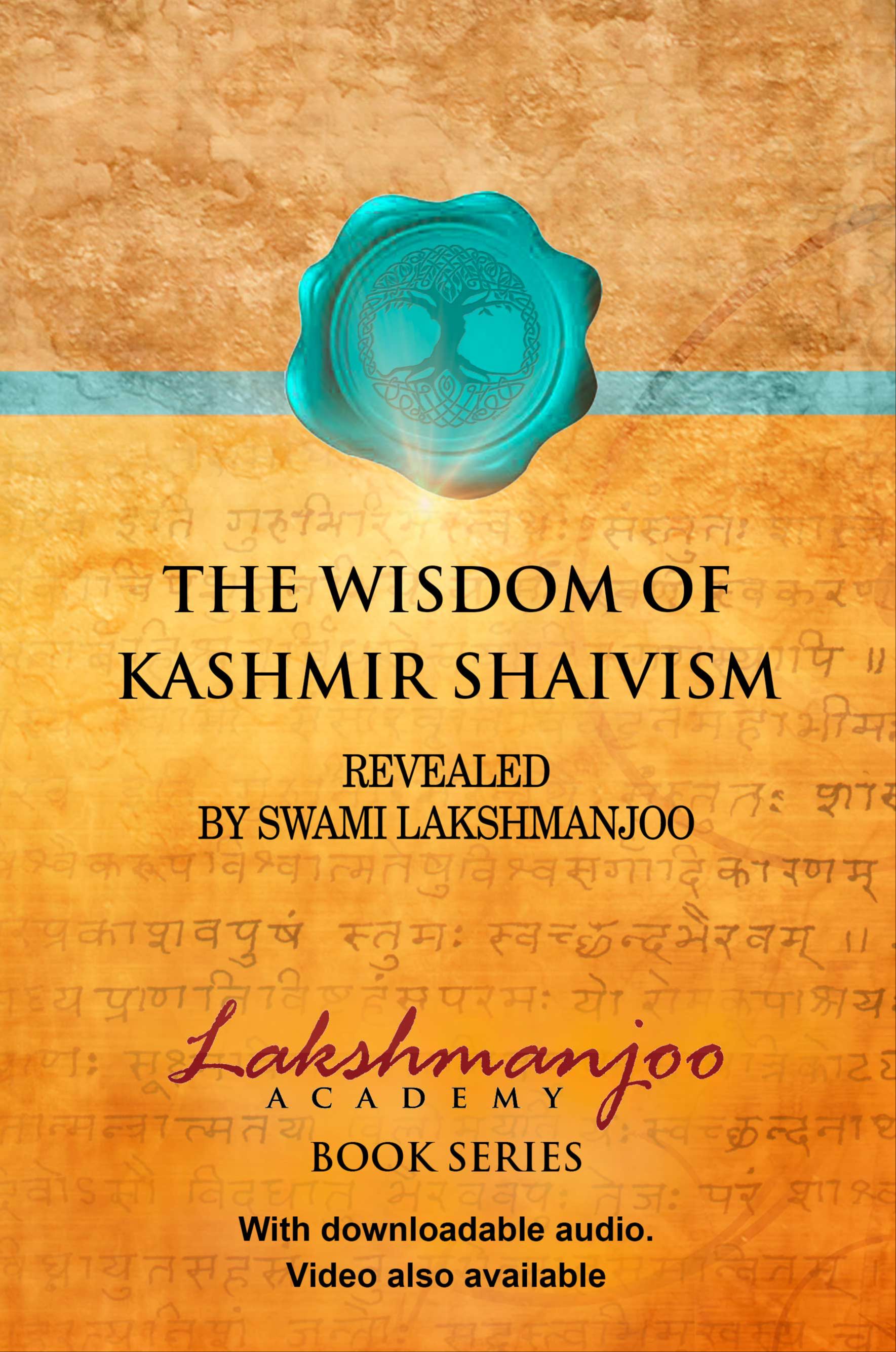
Chapter Seven
The Three Impurities
Malas
In our Śaiva system, there are three males or impurities. These malas reside in māyā. They do not reside in svātantrya śakti. Even though svātantrya śakti and māyā are one, yet they are different in the sense that svātantrya śakti is that state of energy which can produce the power of going down and coming up again, both at will, whereas māyā will only give you the strength of going down and not the ability of rising up again. Once you have come down, you can not move up again. This is the reality of the state of māyā. It binds you.
Māyā śakti is that universal energy which is owned by the individual being, the individual soul. And when that same universal energy is owned by the universal being, it is called svātantrya śakti. Svātantrya śakti is pure universal energy. Impure universal energy is māyā. It is only the formation that changes through a difference of vision. When you experience svātantrya śakti in a crooked way, it becomes māyā śakti for you. And when you realize that same māyā śakti in Reality, then that māyā śakti becomes svātantrya śakti for you. Therefore, svātantrya śakti and māyā śakti are actually only one and the three impurities (malas), which are to be explained here, reside in māyā śakti, not in svātantrya śakti.
The three impurities (malas) are gross (sthūla), subtle (sūkṣma), and subtlest (para). The gross impurity is called kārmamala. It is connected with actions. It is that impurity which inserts impressions such as those which are expressed in the statements, “I am happy, I am not well, I have pain, I am a great man, I am really lucky”, in the consciousness of the individual being. This impurity of action (kārmamala) is śubhāśubhavāsanā, the impressions of pleasure and pain. And these impressions of pleasure and pain actually remain in your individual consciousness.1
The next impurity is called māyīya mala. This impurity creates differentiation in one’s own consciousness. It is the impurity of ignorance (avidyā), the subtle impurity. The thoughts, “This house is mine, that house is not mine; This man is my friend, that man is my enemy; She is my wife, she is not my wife,” are all created by māyīya mala. Māyīya mala creates duality. Māyīya mala is bhinnavedyaprathā, the feeling that I and others are different. You feel that what you have is different from what others have, that some things are yours and other things are not yours. This is the impurity which makes Lord Śiva appear as many rather than as one.
The third impurity is called āṇavamala. It is the subtlest impurity. Āṇavamala is the particular internal impurity of the individual. Although he reaches the nearest state of the consciousness of Śiva, he has no ability to catch hold of that state. That inability is the creation of āṇavamala. For example, if you are conscious of your own nature and then that consciousness fades away and fades away quickly, this fading is caused by āṇavamala. Āṇavamala is apūrṇatā, non-fullness. It is the feeling of being incomplete. Due to this impurity, you feel incomplete in every way. Because of this feeling, you create abhilāṣā, the desire for completion. As you feel that you are not complete, you desire to become complete. For example, if I have the desire for some particular thing, then it means that I feel that I do not have this thing. This feeling, that you do not have this thing, is caused by āṇavamala. Though you feel incomplete, knowing that there is some lack in you, yet you do not know what this lack really is. You want to hold everything, and yet no matter what you hold, you do not fill your sense of lacking, your gap. You cannot fill this lacking unless the Master points it out to you and then carries you to that point. Of these three impurities, āṇavamala and māyīyamala are not in action; they are only in perception, in experience. It is kārmamala which is in action.
___________
1 An aspirant who resides in the highest state, anupāya, or in the śāmbhava state would have no malas. If he were to hurt himself, he would not feel pain in the way a bound and limited individual would. Instead, he would feel a sensation of consciousness. And yet he would not be attached to that sensation. It would take him in, into his own Being.
Read more about malas in Parātrīśikā Vivarana and Tantraloka.
Source: Chapter Seven, Kashmir Shaivism - The Secret Supreme by Swami Lakshmanjoo.
All Content is subject to Copyright © John Hughes.






